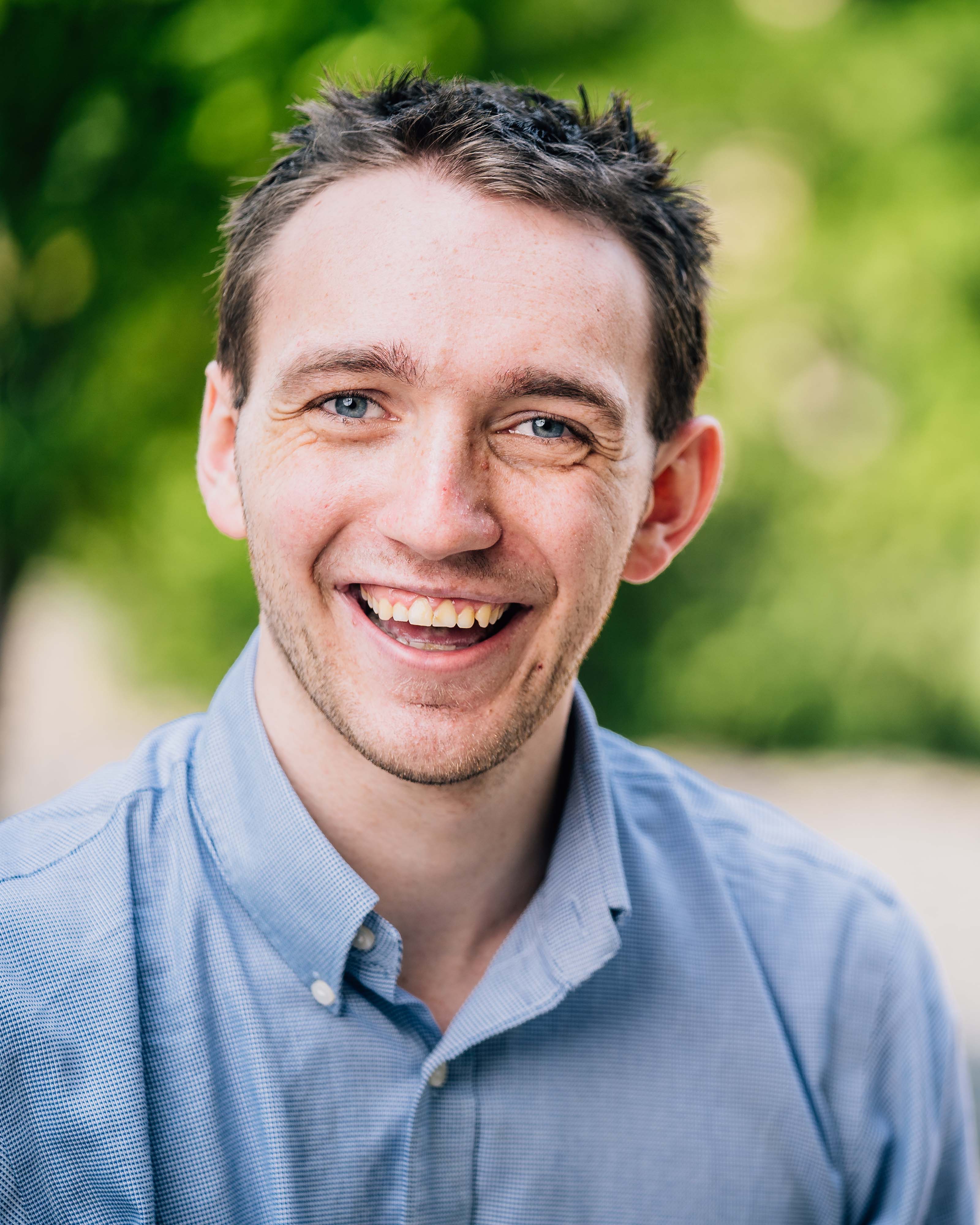
Meeting the Chilean President, Michelle Bachelet
In 2017, Sam partnered with the Chilean Ministry of Education, Microsoft, and Telefónica to run a camp for local high school students with an interest in technical English and programming.
Service
Last Updated September 2023
I am passionate about giving back to the community, both the academic community and the broader world outside it.
Before my time as a PhD student at the University of Oregon, this service included teaching high school English pro-bono, running a free, six-day Python bootcamp for graduate students, running multiple Intro to LaTeX workshops, judging undergraduate research in poster presentations, and more.
Since I entered my PhD program in 2019, the world has changed.
As of 2023, higher education is at a crossroads. Pew and Gallup report troubling poll after poll reflecting falling public faith in a college education. This crisis of faith in higher education is motivated by concerns about the economic value of a degree given the cost and, among Republicans, a growing belief that universities are hostile to people like them. Confounding this background is the uncontested reality that the demographic cliff has arrived and there are simply fewer students aged 18-22 to enroll. This challenging reality will place profound pressure on the many colleges and universities reliant on tuition revenue to stay solvent. Economic turmoil in higher education is upon us.
Of those students that do enroll in college, there are stubborn disparities in race, class, and gender which are evident to even casual observers of the data. Complex issues of race in higher education have reached the Supreme Court, with their recent controversial decision on the role of race in admissions looming in the back of many minds in academia. Legacy admissions at elite universities are also being scrutinized and litigated. The gap between enrolled men and women is now larger than when Title IX was passed by Congress, but now in favor of women. This gender gap is completely reversed in computer science, with men continuing to dominate enrollments by double-digit margins at nearly all universities.
I have no silver bullet to solve these complex challenges. But I do believe that service, both internal to the university, and external to both my field of academic computer science and the wider community are essential component to the solution. As we in higher education realign on our core missions in light of the complexities ahead, I want to share three guiding questions which I use as a framework for focus:
- How well are we preparing our graduates for sustainable, workforce-ready careers?
Measured, in part, by the ability for our graduates to be employed in jobs which allow them to comfortably afford the three "H"s: Housing, Healthcare, Higher education for themselves and their families. Also measured, in part, by employer satisfaction with our graduates.
- How well are we preparing our graduates to be constructively engaged citizens?
Measured, in part, by renewed public trust in institutions.
- How well are we preparing our graduates to live rich and meaningful lives?
Measuring "rich" both financially and intellectually, and "meaningful" by success in our graduates' chosen endeavors.
The answers to these questions can't come from traditional classroom teaching or academic research alone. They require mission-driven dedication, traditionally thought of as service.
If I'm lucky enough to stay in academia after graduation, I plan on doing the following to address the above questions:
- I will work with local employers to ensure that the curriculum in classes I teach is responsive to community needs, while staying wholly in the hands of faculty control and firmly centered in the liberal arts tradition. In Oregon's case, that includes continuing conversations with the non-profit Technical Association of Oregon, groups like Oregon Business and Industry, and labor unions which represent technology workers.
- I will work with students to speak and listen across difference in constructive and civil ways. This is significantly easier said than done, and I can also promise that I won't always get it right. I am a graduate of Utah State University and the University of Oregon, which in 2023 sat among the top 10 public universities for the most politically conservative and politically liberal student bodies, respectively.
I can attest that both universities are filled with thoughtful students, and both have areas of collective blind spots. I remain committed to the idea that radical candor among individuals different from each other, who nonetheless have built up trust in one another, is the pavement on our road to a more perfect union.
- I will work to champion the liberal arts. Computer scientists need the arts and humanities to be successful. Software developers orchestrate the digital landscape where increasingly larger components of our lives take place. It is imperative that their university training be more than a mere multi-year tech bootcamp. Rather, the computer science degree must incorporate those classical educational experiences found through the study of the humanities, philosophy, arts, religion and other works which help us understand what it means to be human.

